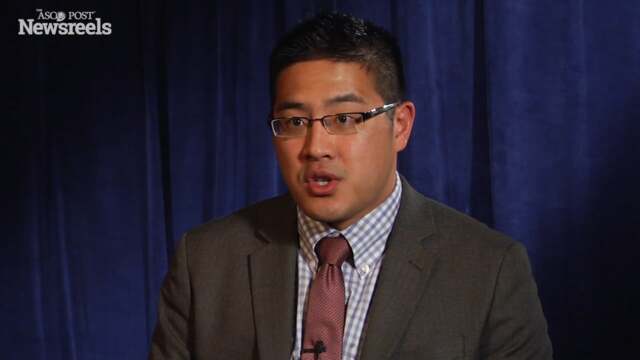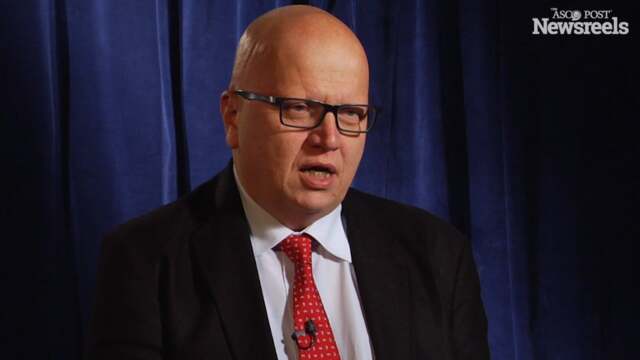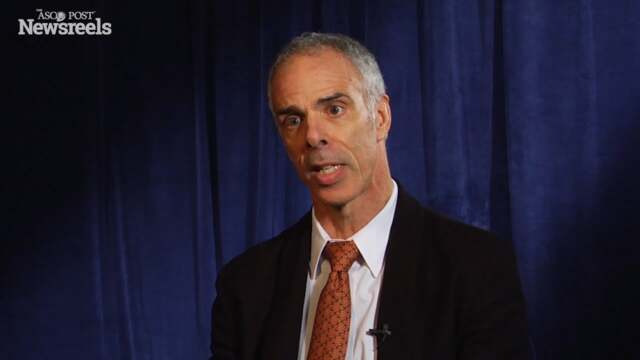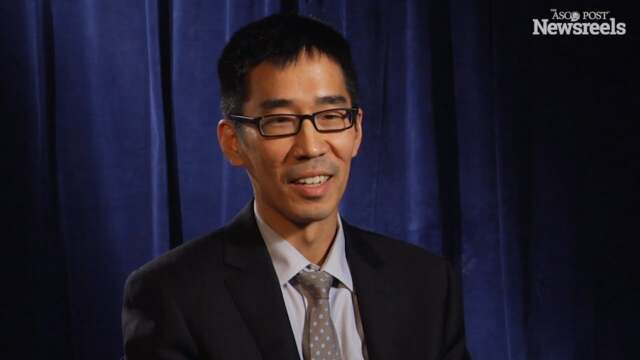Catherine C. Park, MD, on Novel Clinical Paradigms
2015 ASTRO Annual Meeting
Catherine C. Park, MD, of the University of California, San Francisco, summarizes results from three clinical trials of radiation therapy for various cancers: metastatic melanoma, oropharyngeal squamous cell carcinoma, and breast cancer (Abstracts 215, 3, and LBA7).
Stephen G. Chun, MD
Stephen G. Chun, MD, of MD Anderson Cancer Center, discusses the comparison of 3D conformal and IMRT outcomes for locally advanced non-small cell lung cancer (Abstract 2).
Vratislav Strnad, MD, PhD
Vratislav Strnad, MD, PhD, of the University Hospital in Erlangen, discusses results from a European study comparing accelerated partial-breast irradiation using brachytherapy, to the standard treatment of whole-breast irradiation for women with low-risk breast cancer (Abstract LBA7).
Anthony Zietman, MD
Anthony Zietman, MD, of Massachusetts General Hospital, discusses his perspective on the study of bicalutamide during and after radiotherapy in patients following radical prostatectomy and a biochemical relapse (Abstract LBA5).
James B. Yu, MD
James B. Yu, MD, of Yale School of Medicine, summarizes the plenary lecture on results from the NRG Oncology/phase III study comparing two fractionation schedules for low-risk prostate cancer (Abstract LBA6).
Anita Mahajan, MD
Anita Mahajan, MD, of MD Anderson Cancer Center, summarizes results from three clinical trials on radiation therapy for ependymoma, locally advanced thoracic esophageal squamous cell carcinoma, and meningioma (Abstracts 31, 1, 7).





